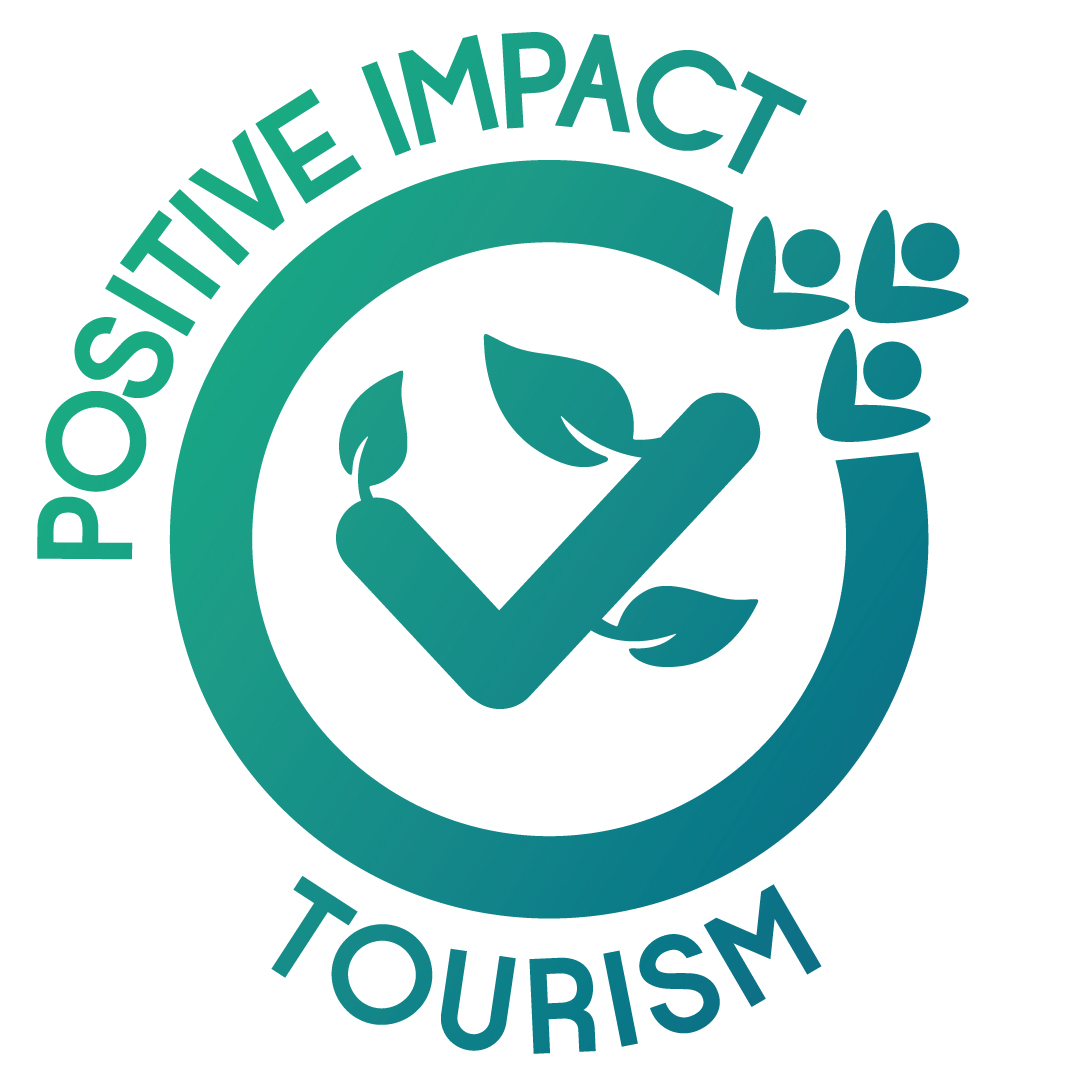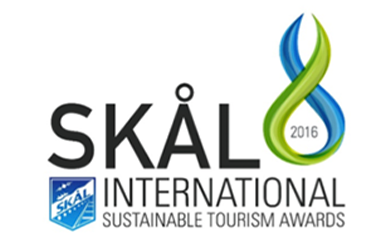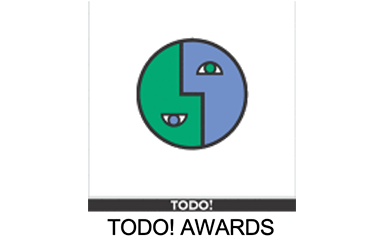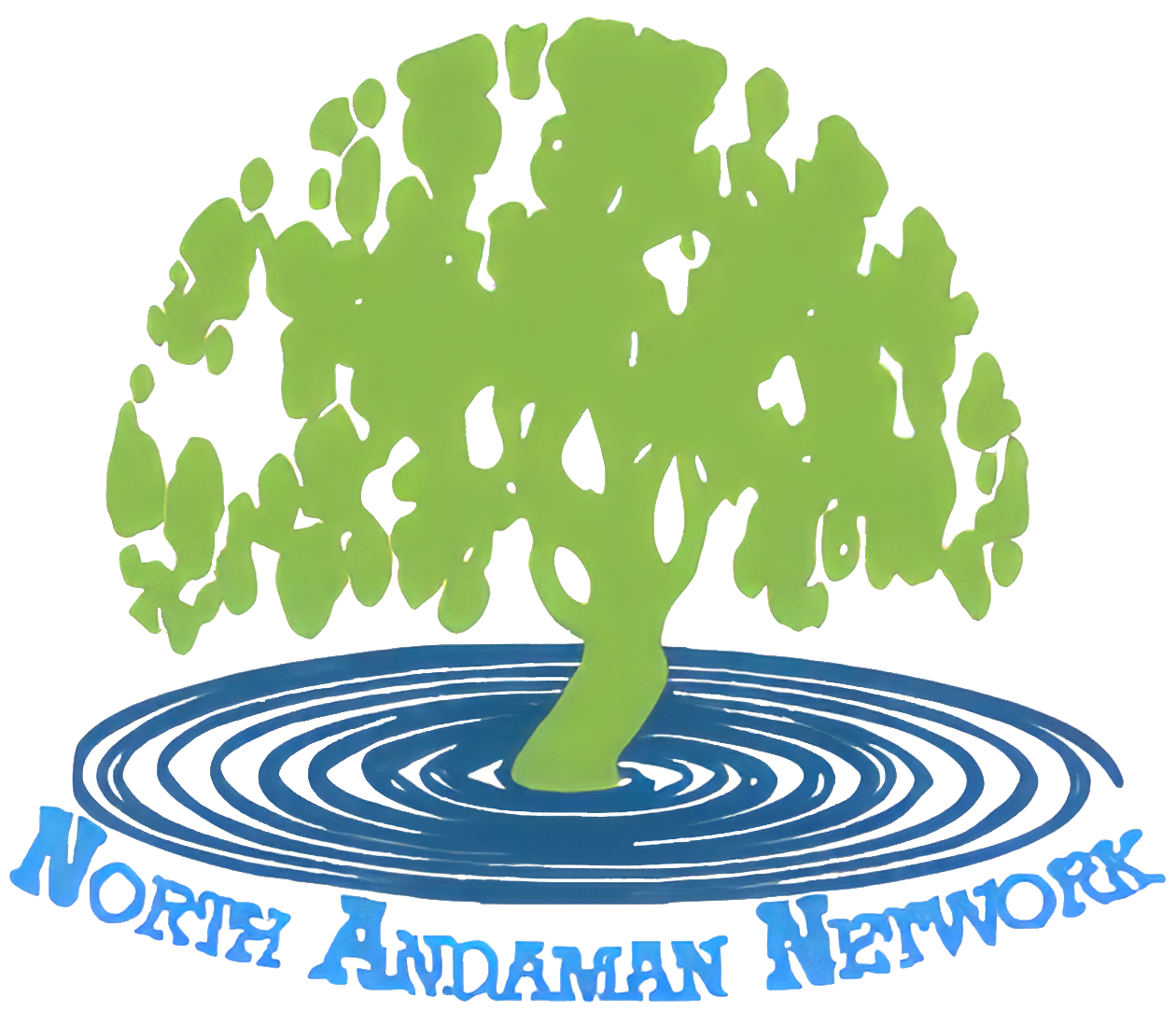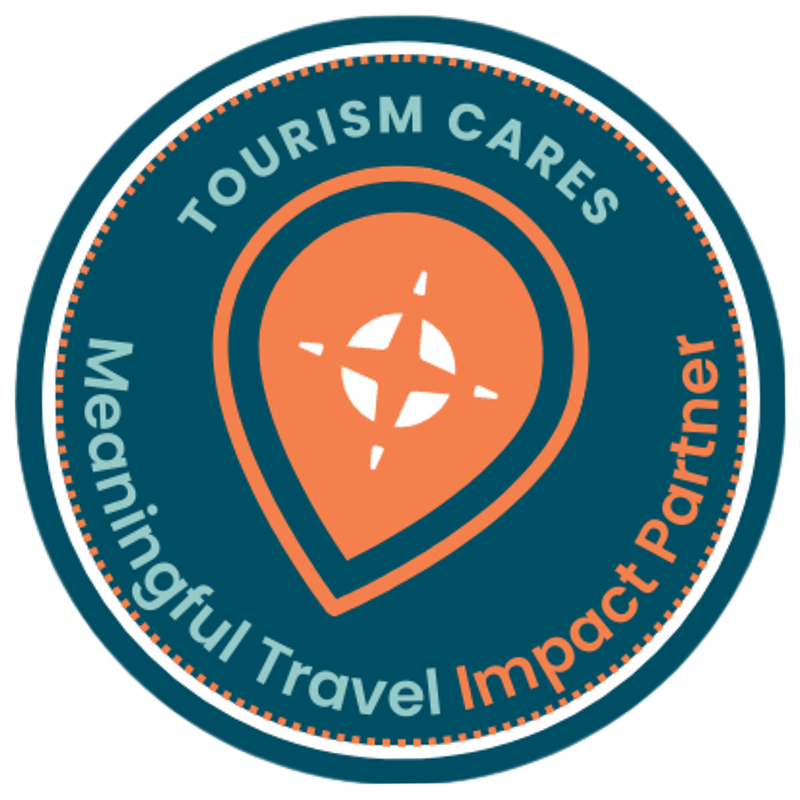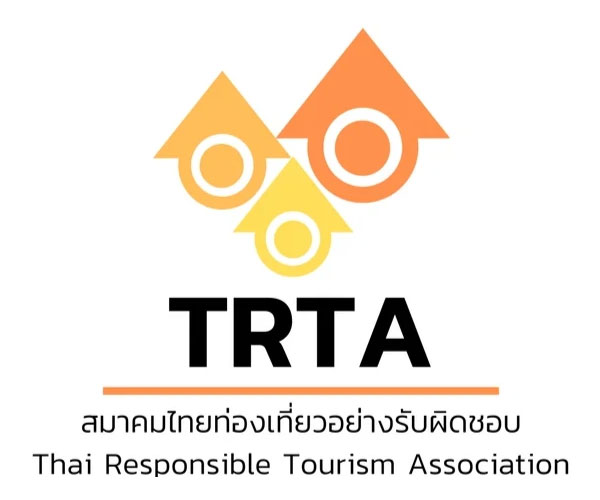Tourism and Poverty Reduction
By Claudine Nagiah
Tourism is one of the world’s largest and fastest growing industries. Tourist spending in developing countries is almost three times greater than the amount of international development assistance. The potential of tourism industry to contribute towards poverty reduction is enormous.
Andaman Discoveries recently attended the launch of a new book on tourism and poverty reduction, written by Jonathon Mitchell and Caroline Ashley from the Overseas Development Institute in London. The book looks at the different ways that money from tourism impacts the local economy and local people in developing countries, and identifies three main pathways that tourism spending flows to poor people:
1. Direct effects, such as employment;
2. Indirect effects, such as the growth of construction and retail sectors, and increased demand for agricultural products;
3. Dynamic effects, such as improved infrastructure in the country, and a greater tax base to fund social welfare and education.
The authors found that between 5–25% of tourist spending makes its way to poor people, so the potential for tourism to make a positive impact on the lives of poor people is huge.
Unfortunately, where tourism it is poorly regulated, the results can be disastrous. Insensitive tourism development can have negative impacts on local environment and wildlife. It can contribute to the loss of cultural heritage and traditional livelihoods, and result in the displacement and exploitation of local people. More needs to be done, particularly in the mainstream tourism sector, to reduce these negative impacts and ensure that tourism really does bring positive benefits for poor people.
Here at Andaman Discoveries, we have done our own analysis of how tourism funds are spent. In 2009, 17% of the income from tourism went directly to communities and local partners for the provision of tourism services  volunteer placements. An additional 16% went to locally owned businesses for provision of services such as transportation and accommodation. That’s a total of 33% of tourism spending, going directly to local people in the region. In addition, a further 44% went towards community projects that provide benefit to local communities, such as scholarships, conservation, tree planting, and vocational training.
volunteer placements. An additional 16% went to locally owned businesses for provision of services such as transportation and accommodation. That’s a total of 33% of tourism spending, going directly to local people in the region. In addition, a further 44% went towards community projects that provide benefit to local communities, such as scholarships, conservation, tree planting, and vocational training.
Community based tourism (CBT) in the North Andaman region has been particularly successful as a socio-economic strategy to help communities recover from the impact of the Asian tsunami in 2004. It provides people with a sustainable form of income within their own village, after their homes, fishing boats and farms were destroyed. The emphasis on homestays and handicraft projects is particularly helpful for women, as it gives them a viable way to support their family and increases their standing within the community. People have less need to relocate to major cities and tourist destinations to make a living, which helps to keep the village and its cultural traditions alive.
The positive benefits of CBT can reach far beyond financial impacts. When managed effectively, CBT puts the villagers in control of their own destination; the villagers make the decisions about how tourism in their village will be managed and so can work together to ensure their lands, their cultural heritage and natural environment are protected. The very fact that tourists come to visit their village instills them with a deep sense of pride and a determination to preserve their culture and environment for future generations.
Income generated by Andaman Discoveries’ tours support a number of conservation projects in the area. Funds from tourism help to finance environmental projects such as recycling and solid waste management, whilst the tourists and volunteers are able to directly support projects such as mangrove rehabilitation and conservation of rare species of water lilies and orchids. The children in the villages, schools and orphanages we work with benefit enormously from the time and attention which our guests and volunteers so generously give; it helps to improve their English skills, gives them exposure to different nationalities, cultures and values, and above all brings them lots of fun and laughter.
So, from us all here at Andaman Discoveries, we would like to say a big “thank you” to all of our guests, volunteers and supporters. It is because of your support and kindness that we are able to continue making a positive impact in the lives of the communities we work with.



